Hi, Levi here, founder of EqualRXN. I did a survey on our Instagram story on the topic of [Does Made in China = Lower Quality], and a surprising 17% of the viewers voted "Yes" on this question, which is almost 1 in 5 people. This number is surprising, yet not so surprising, it stems from the West and China's political and economic rivalry and reflects a long-standing view that products made in China are junk. Contrary to popular belief, Chinese manufacturers are increasingly focusing on producing valuable products, developing world-renowned brands, and using sophisticated technology. Though not true of every factory in China, the country’s manufacturing industry as a whole has certainly made progressive strides in recent decades.
Although EqualRXN is currently not produced in China, as a beauty industry professional that has worked in both a Chinese manufacturer and brands that worked with Chinese manufacturers, I would love to provide some education on this misconception.
History Repeats Itself - The Japan Quality Revolution
In the movie Back to the Future III, this scene happened in 1985:

There was once a time where "Made in Japan" is the "Made in China". Japan was once an industrial hub for cheap, low-quality products after WWII. However, during the mid-70s, things started to flip as Japan embraced the concept of total quality.
Quality in Chinese Made Beauty
The Chinese government has the initiative to transform China into a world competitor in advanced manufacturing, the answer lays in the "Made in China 2025" initiative. Although the "MIC2025" initiative mainly focuses on tech, surely it will have an impact on the whole manufacturing industry in China, including beauty.
One Chinese beauty brand that has stood out this year to the global audience is called "Florasis Beauty". Florasis beauty embraces traditional Chinese art and crafts high-quality makeup products. The Chinese manufacturer behind Florasis beauty also manufacturers products for L'Oreal owned brands globally, such as Maybelline, Urban Decay, L'Oreal Paris, and NYX, as well as many other well-known western brands.

The Power of The Claim
"Not Made in China" is almost a lateral claim to "Parabens-Free". Parabens, as most educated beauty consumers know, are not the evil ingredients the media and mom-bloggers made them appear to be. However, brands would prefer products to not be made in China due to the reputation that Chinese-made products have, we are even guilty of being one of those brands since it is extremely hard to educate consumers, not to mention to educate about something that has such a long-standing stigma.
Many larger Chinese manufacturers open up factories in Korea and the US simply because their customers want to label their products as "Made in the US" or "Made in Korea", and they have enough business to support a whole factory just because of those claims. When I worked in the Chinese manufacturer, I have even dealt with a very well known skin brand that is sold in Target that explicitly stated that they would want their products to be made in Korea just because of the stigma surrounding "Made in China", even though they do not have the budget to support the higher manufacturing cost for manufacturing in Korea, and when in reality the quality could be worse to be made in Korea since running a new factory in a foreign country could come with a higher risk of issues due to new staff, language barrier, and less expertise.
The Final Verdict
The purpose of this post is to educate about the misconception of made in China = inferior quality with facts and my own experiences, there is no political bias involved.
Being a manufacturing servant for so many global companies over the years and adhering to these companies' quality standards, China has developed quite a competitive edge in innovations, quality and adapted to the trends of global consumers. Manufacturers have to be audited by many global cosmetic giants regularly to ensure their quality, social, and safety and finance is up-to-date with the standards these beauty giants impose.
The high competition in China, whether it's for the domestic market with almost 1/5 of the world's population, or for exporting, fueled explosive growth in innovation. Other than lacking innovation in sustainable products (Europe is leading more in this area), Chinese manufactured goods are made with quality, safety, and innovation.

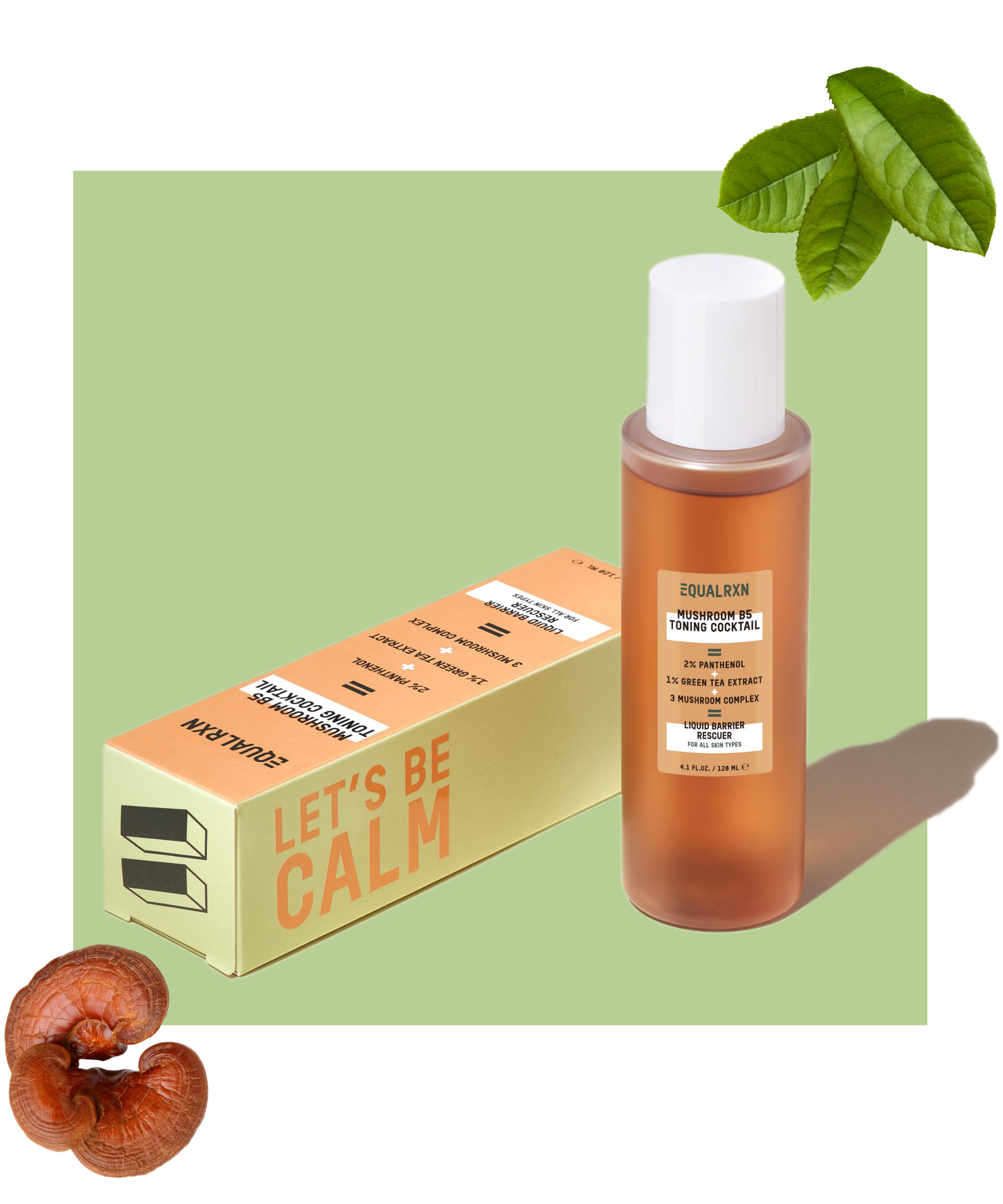
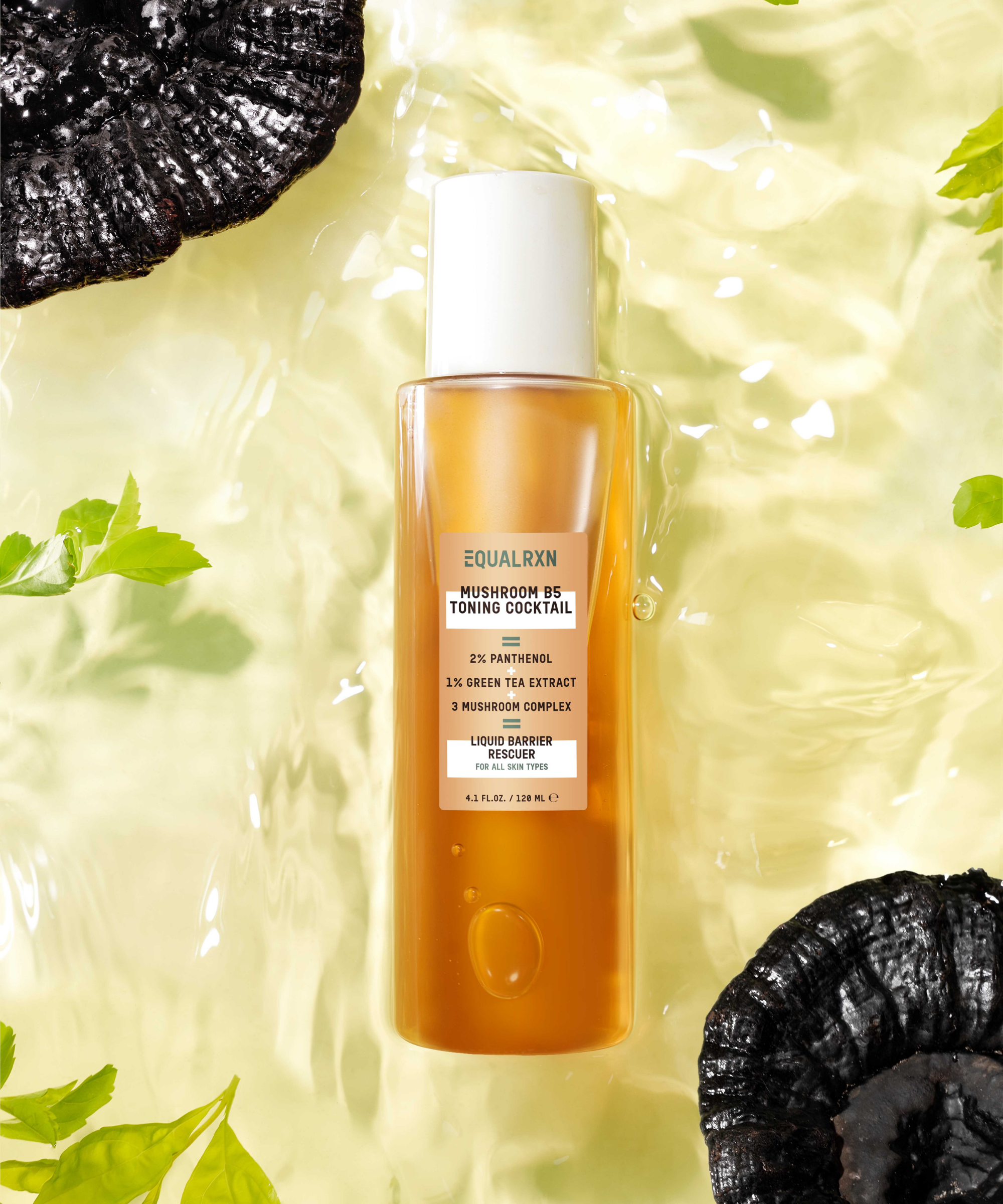
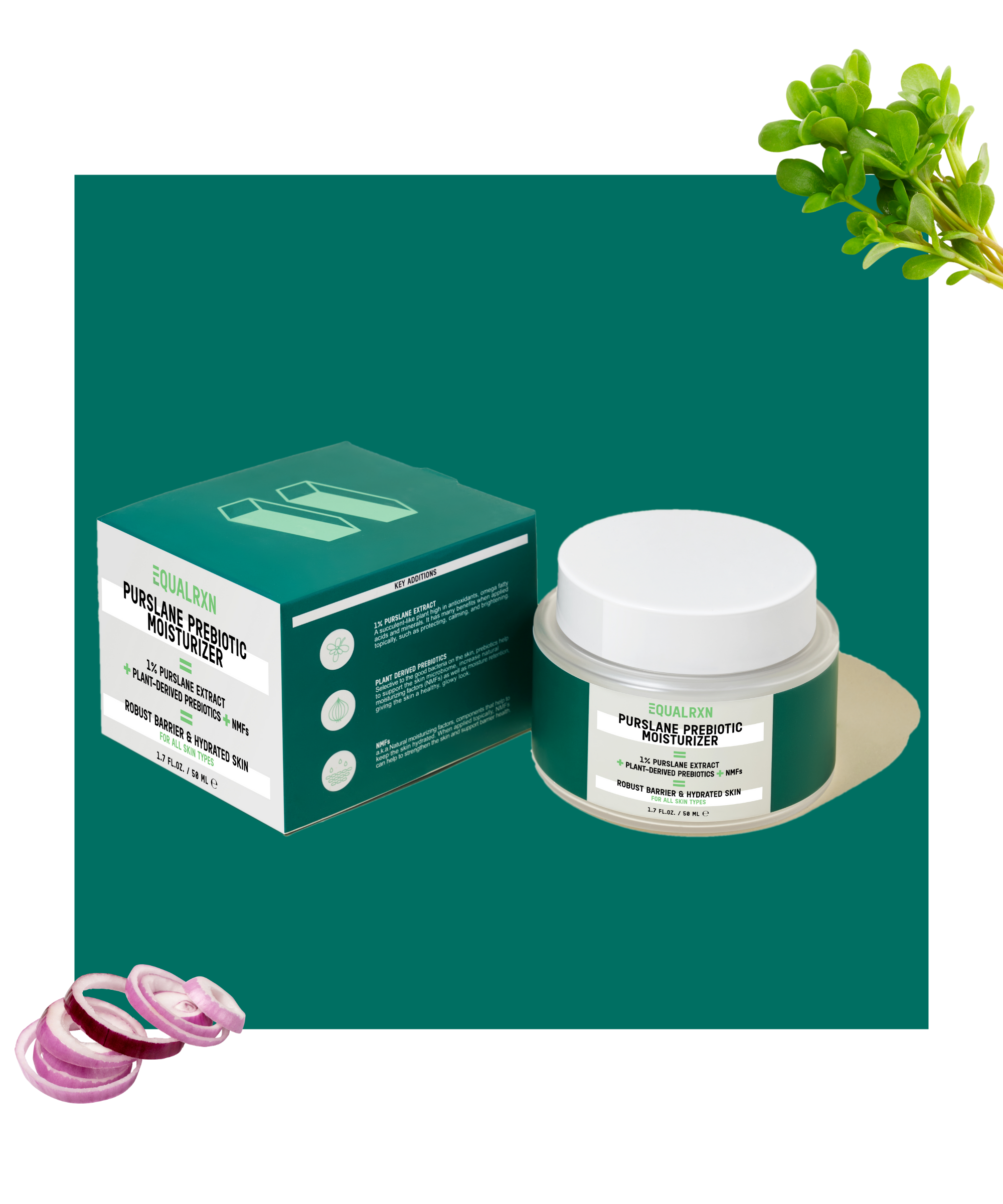
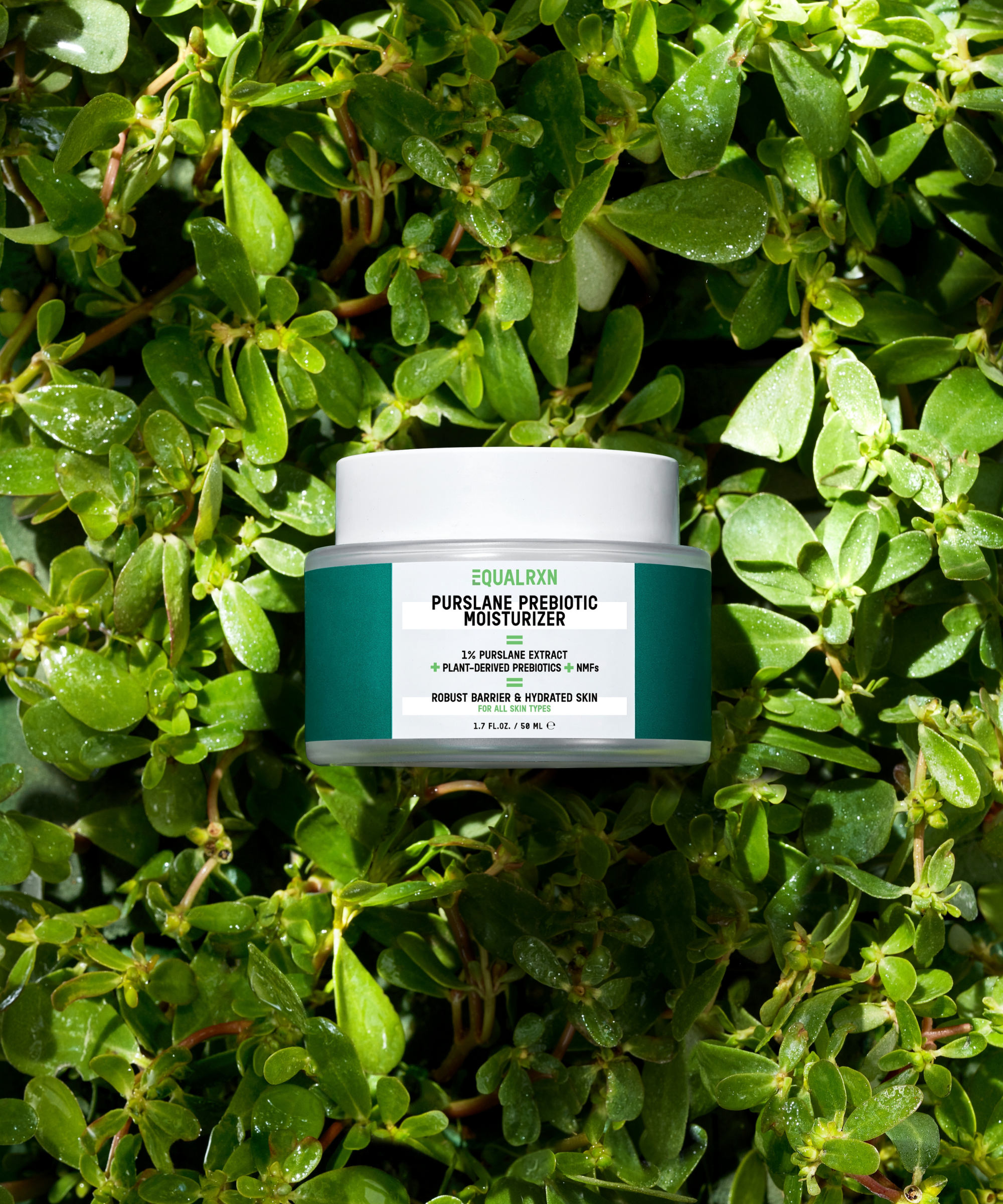
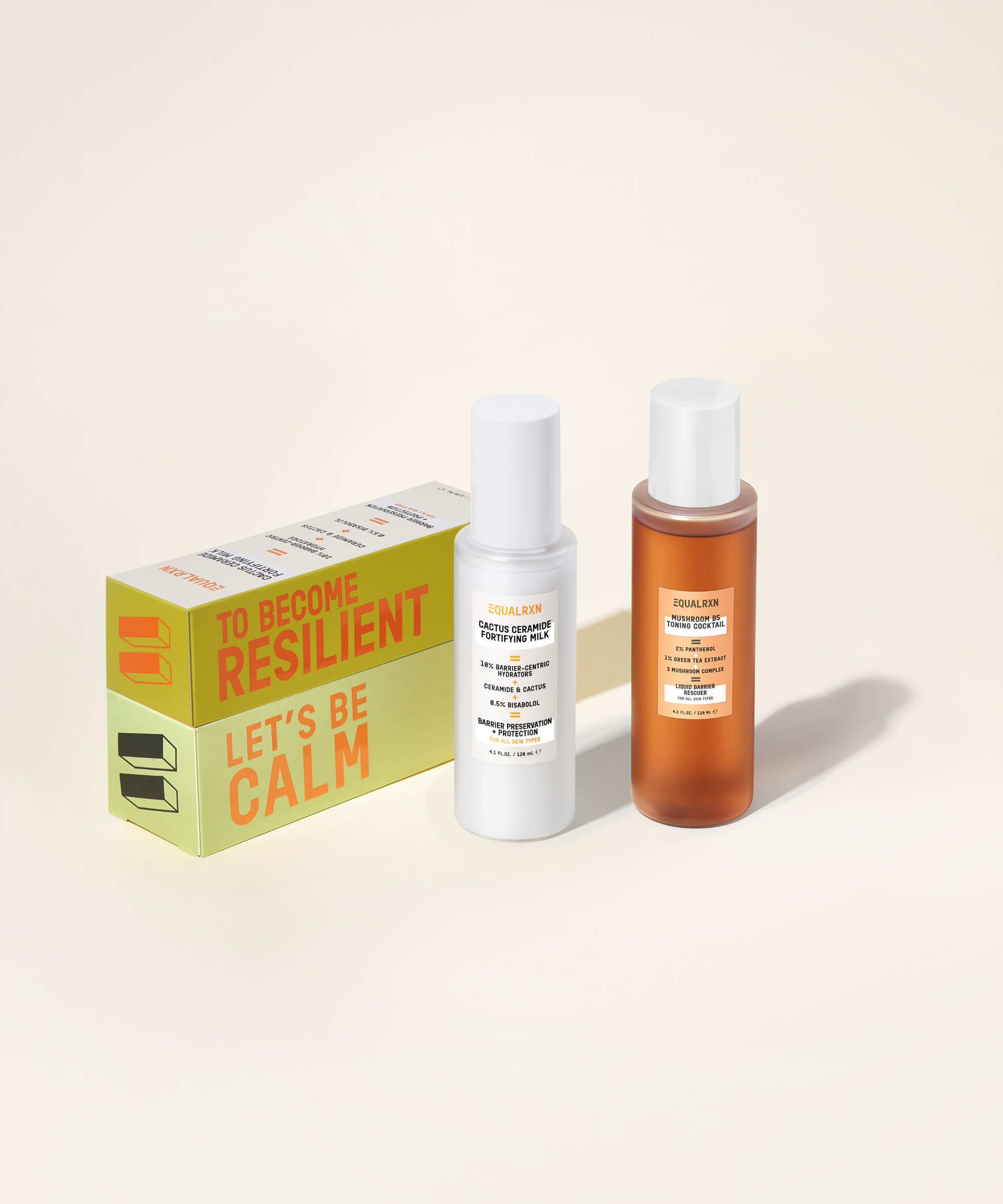
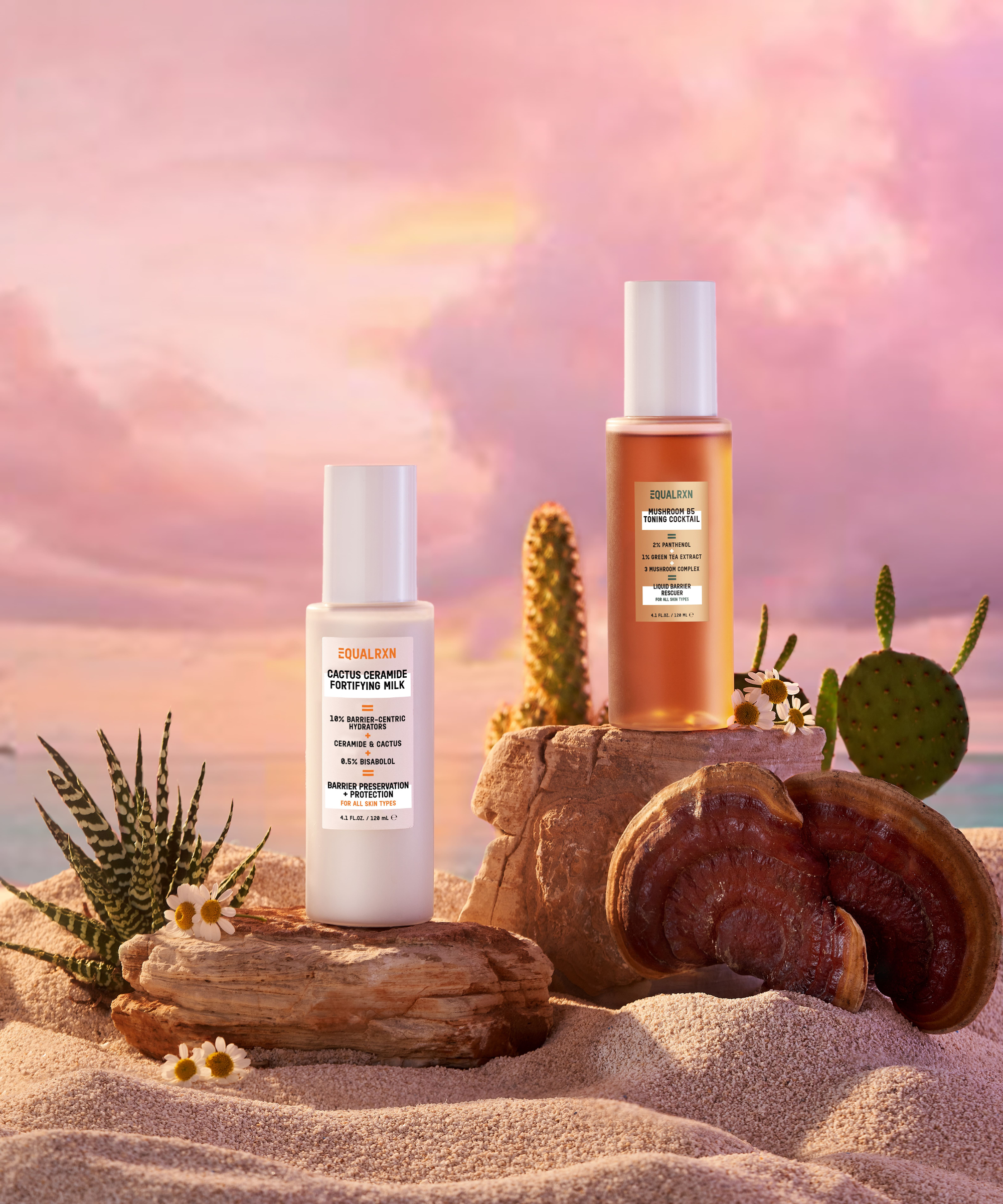
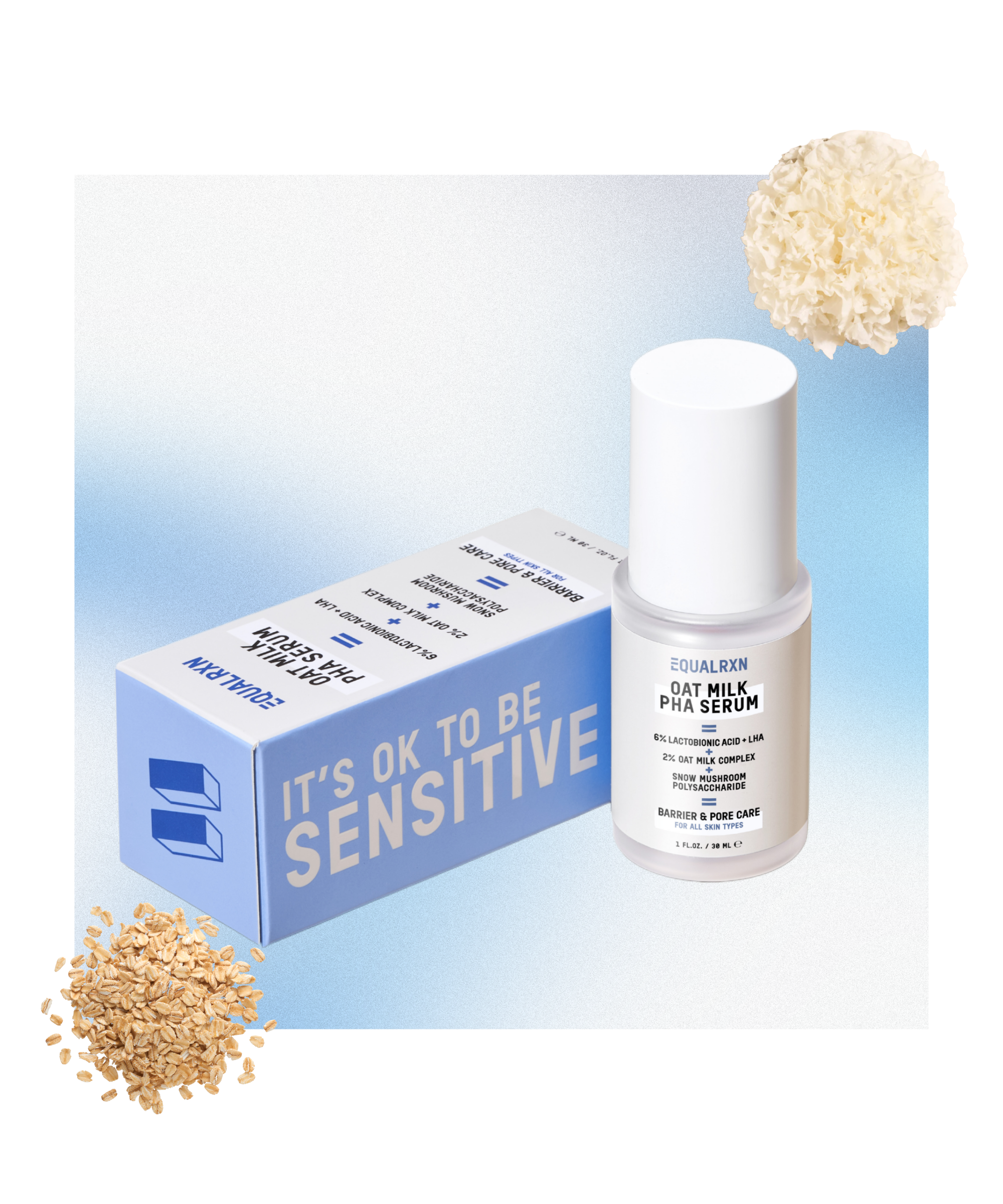
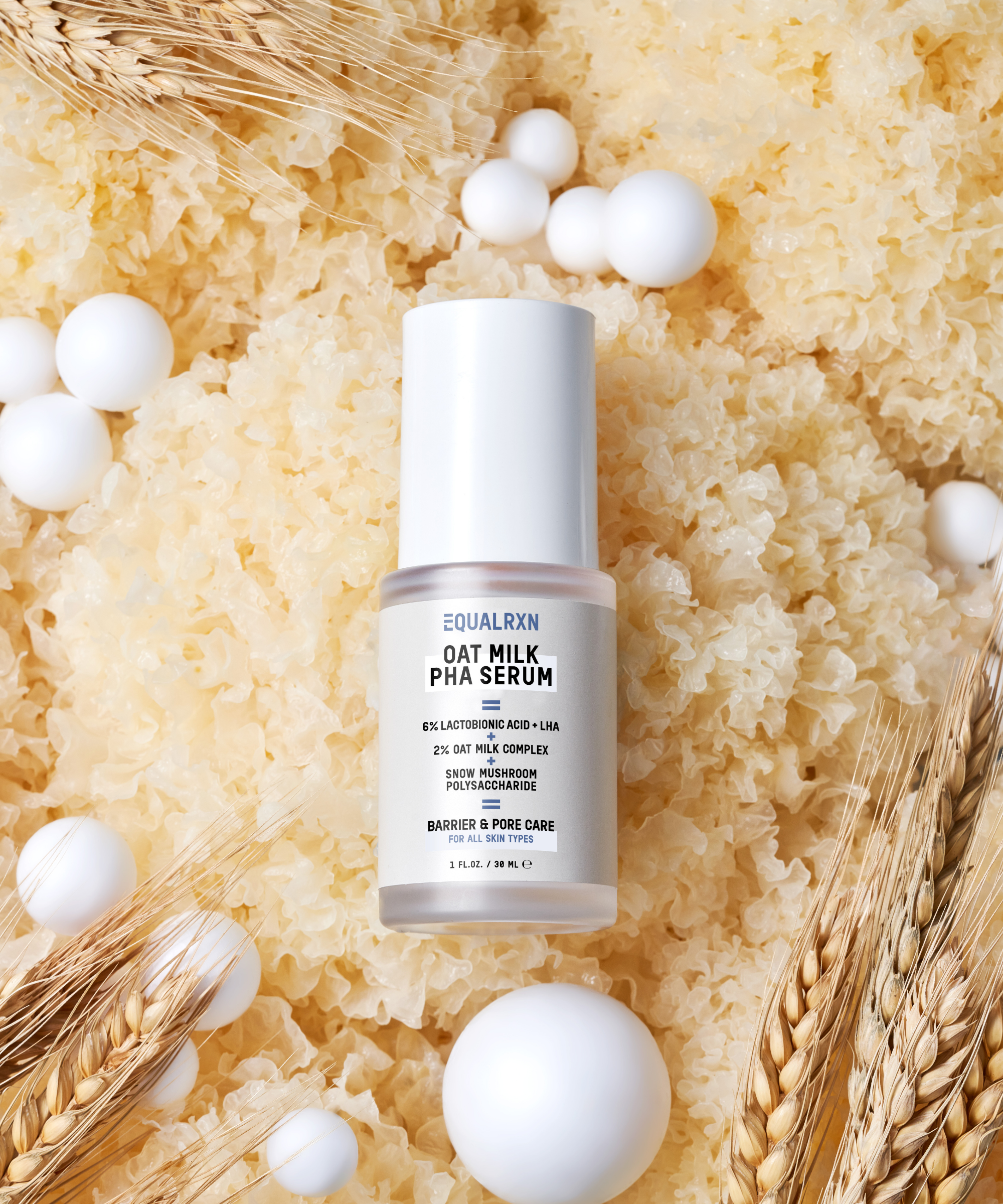

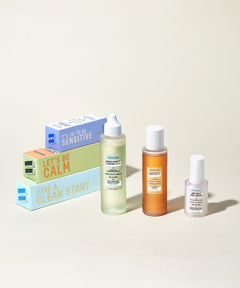
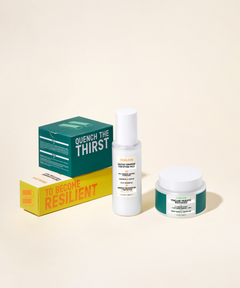
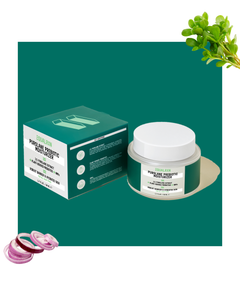
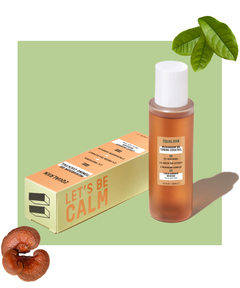
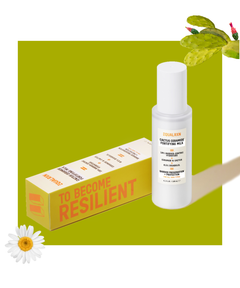

1 comment
Leave a comment